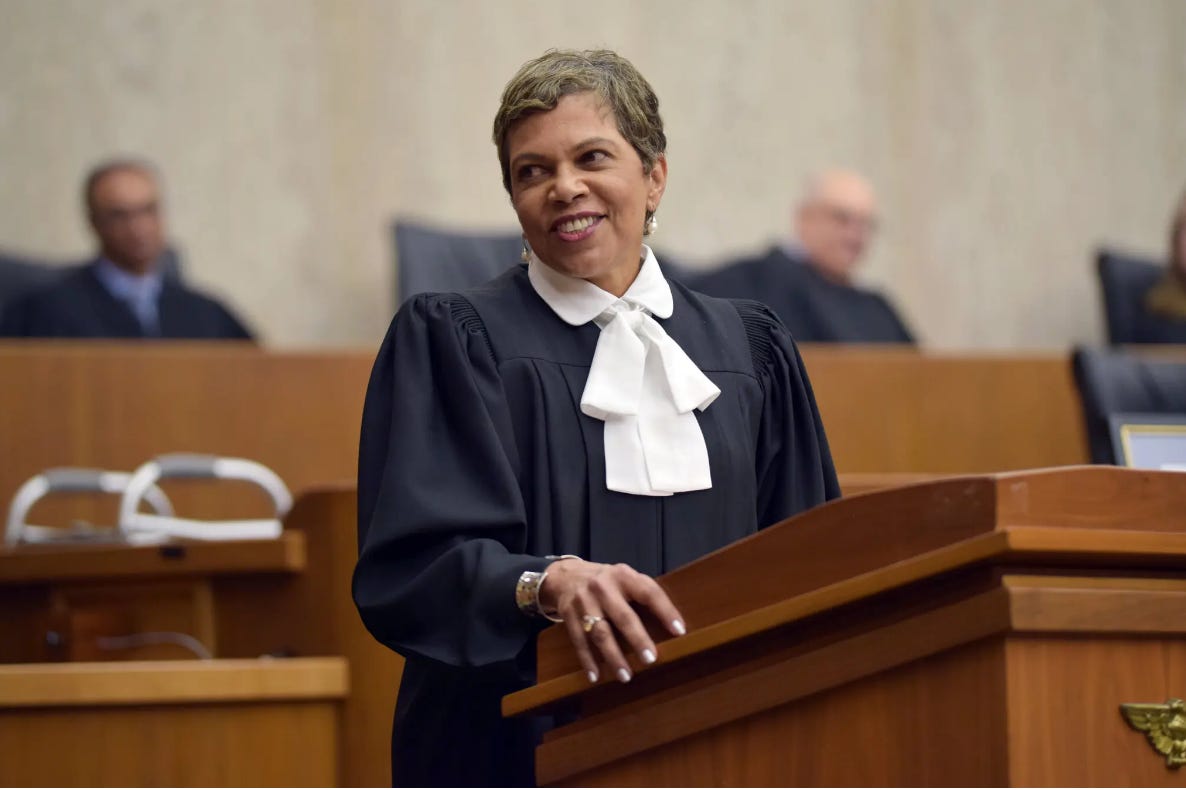Published with the generous permission of Ruth Ben-Ghiat. Read all of her outstanding writing in her Lucid newsletter.
By Ruth Ben-Ghiat
A few months ago, I was driving through a small town in New York's Hudson Valley and I saw a sign outside of a church that advertised an upcoming sermon. This was the topic: "Be alert to what is right." I was not able to attend the service, but ever since I have been thinking about this message. With the threat of authoritarianism growing around the world, and some commentators telling us that some form of dictatorship is almost inevitable here at home, it is easy to be laser-focused on what is wrong.
There are good reasons for this. We need to call out the lying, the grifting, the violence. Being alert to what is wrong, and wanting to do something to change that, has fueled resistance and civil rights movements and anti-corruption and human rights investigations throughout history.
Authoritarians know this well and that's why they try to convince people that it's safer to live in a state of situational non-awareness: keeping your head down, seeing little, and saying even less is the key to long-term survival in an autocratic state. As a Chilean taxi driver who lived through years of repression under Augusto Pinochet put it, "dictatorships put people to sleep."
To come out of such states of non-alertness —or avoid getting into them in the first place— awareness of wrongdoing is not enough. We must also be alert to what is right, to the acts of courage and righteousness around us by those who are protecting and promoting the values that undergird democracy: accountability, transparency, equity, solidarity, and respect for the rule of law.
It is the wrongdoers who expertly grab our attention, while the righteous do their jobs, often behind the scenes and in an atmosphere of threats and smears. It is our job to level the playing field by elevating those doing good by honoring them and bringing them to public attention.
That's why Lucid has a series on democratic heroes. Our first column was about Giacomo Matteotti, the anti-Fascist who was killed on Benito Mussolini's orders when he was about to expose a massive corruption scandal that might have cost Il Duce his position.
Our second is U.S. District Judge Tanya Chutkan, who is presiding over former president Donald Trump's election interference case. Judge Chutkan recently denied the request by Trump's lawyers to dismiss the case on presidential immunity and constitutional grounds. I have rarely seen a clearer statement of the bedrock democratic principles of democratic justice, chiefly equality before the law, than in her ruling. As she wrote:
"Whatever immunities a sitting President may enjoy...that position does not confer a lifelong 'get-out-of-jail-free' pass. Former Presidents enjoy no special conditions on their federal criminal liability...[Trump's] four-year service as Commander in Chief did not bestow on him the divine right of kings to evade the criminal accountability that governs his fellow citizens. No man in this country, not even the former President, is so high that he is above the law."











